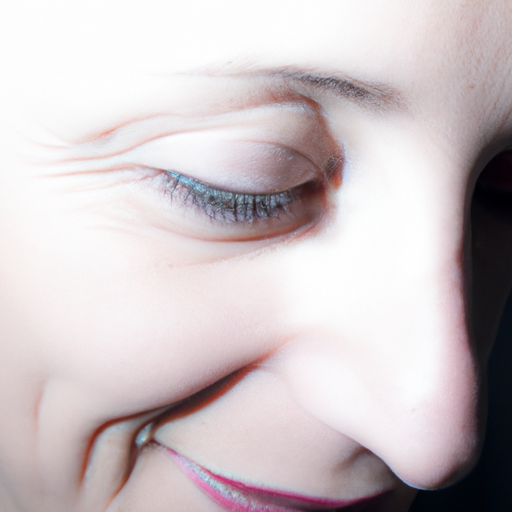Title: Unmasking Clear Skin: Your Ultimate Dermatologist’s Guide to Acne Solutions
As a dermatologist, I encounter numerous patients who are battling acne, a common skin condition that affects millions of people worldwide. It can be a source of embarrassment and distress, often leading to low self-esteem. However, the good news is that acne is treatable. This article aims to unmask clear skin by providing an ultimate guide to acne solutions.
Acne occurs when hair follicles become clogged with oil and dead skin cells. It can manifest as whiteheads, blackheads, or pimples, and it usually appears on the face, forehead, chest, upper back, and shoulders. Several factors contribute to its development, including hormones, diet, stress, and certain medications.
The first step towards achieving clear skin is understanding your skin type. This is crucial in determining the most effective acne treatment for you. There are five main skin types: normal, dry, oily, combination, and sensitive. Each type requires a different skincare regimen and acne solution.
For those with oily or combination skin, it’s essential to use non-comedogenic products that won’t clog pores. Look for ingredients like salicylic acid and benzoyl peroxide in your cleansers and spot treatments. These ingredients help to reduce oil production and fight acne-causing bacteria.
On the other hand, if you have dry or sensitive skin, it’s crucial to keep your skin hydrated without causing irritation. Opt for gentle, fragrance-free products that contain hydrating ingredients like hyaluronic acid and ceramides. Retinoids can also be beneficial as they help to unclog pores and reduce acne scars.
In addition to topical treatments, oral medications may be necessary for more severe forms of acne. These include antibiotics to reduce inflammation and kill bacteria, birth control pills to regulate hormones in women, and isotretinoin for severe, resistant acne.
However, it’s not just about what you put on your skin. Your lifestyle habits can also significantly impact your skin’s health. A balanced diet rich in fruits, vegetables, lean proteins, and whole grains can help to maintain healthy skin. Regular exercise can also improve blood circulation, leading to healthier skin cells.
Moreover, stress management is crucial in preventing acne breakouts. High stress levels can increase oil production in the skin, leading to more acne. Techniques such as yoga, meditation, and deep breathing can help to reduce stress levels.
Lastly, it’s essential to consult a dermatologist if your acne persists despite your efforts. Dermatologists can provide personalized treatment plans based on your skin type and acne severity. They may also recommend procedures like chemical peels, laser therapy, or light therapy for more stubborn cases.
In conclusion, achieving clear skin is a journey that requires patience and consistency. It involves understanding your skin type, using the right products, adopting healthy lifestyle habits, and seeking professional help when necessary. Remember, everyone’s skin is unique, and what works for one person may not work for another. Therefore, it’s crucial to find an acne solution that works best for you.
Keywords: Acne solutions, clear skin, dermatologist, skin type, non-comedogenic products, salicylic acid, benzoyl peroxide, hydrating ingredients, hyaluronic acid, ceramides, retinoids, oral medications, antibiotics, birth control pills, isotretinoin, balanced diet, regular exercise, stress management, chemical peels, laser therapy, light therapy.



